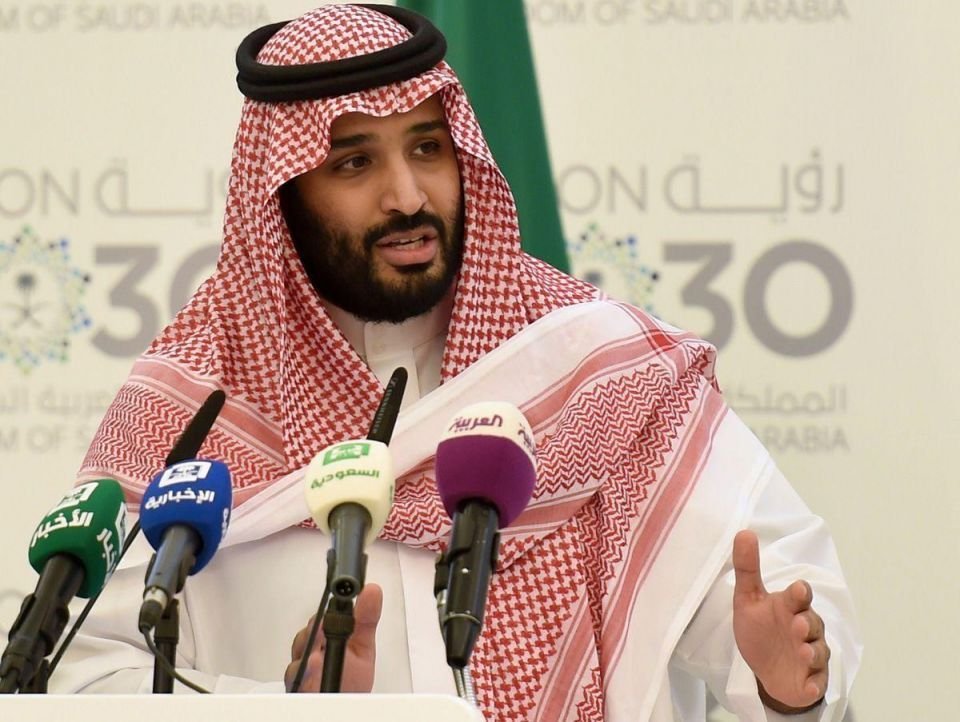NextGen Voices: Why Young Leaders Are Critical to Sustainability Conversations
The world is at a critical juncture, grappling with a pressing challenge that transcends borders and affects every living being. The environmental status quo paints a sobering picture of a world facing unprecedented ecological threats. Climate change, deforestation, pollution, and resource depletion have pushed our planet to the brink of an environmental crisis. According to the Intergovernmental Panel on Climate Change (IPCC), global temperatures have already risen by approximately 1.1°C above pre-industrial levels, which has resulted in more frequent and intense extreme weather events, such as hurricanes, droughts, heatwaves, and rising sea levels.
Climate change: IPCC report is ‘code red for humanity’. Photo credit: BBC
Photo credit: Construction Week Online
In our time of need, we often look to those more fortunate to play their part in helping mitigate the damage being done to our environment and their credit. The wealthy have rolled up their sleeves and poured over US$1.7 trillion towards deploying renewables grids and other renewable energy technologies according to the PwC. Furthermore, 42% of all family offices now have a specific sustainability mandate, while a sizable 29% of them are solely devoted to sustainable investments. This large-scale investment has resulted in groundbreaking innovation in electric vehicles, renewable energy and more, with the EV market alone having grown to US$70.1 billion in 2023 and anticipated to increase to US$161.8 billion. It is becoming increasingly clear to see where the wind is blowing, or more specifically where it is not, as even historically oil-rich regions like the Middle East, where generations upon generations of wealthy families have been involved in the oil and gas industry, have started to take notice of these changing times and have massively stepped up their commitment to ESG initiatives, with the Saudi government itself investing over SAR 700 billion as part of their Saudi Green Initiative which is a key part of the Saudi Prime Minister HRH Crown Prince Mohammed bin Salman’s ‘Vision 2030’ diversification drive to ease the kingdom’s reliance on fossil fuels.
This comes at a time when more wealthy families are handing over the reins of the family’s wealth to the next generation.. The historically oil and gas rich families in key regions like the Middle East are starting to phase out the old guard of entrepreneurs to make for their much younger heirs. Thisransition comes with an injection of fresh practices and ideologies at the very top of historically rigid and hierarchical organisations. For instance, of the top 100 Arab business families for 2023 listed in Forbes Magazine, over 70 of them are run by their second generations, with third-generation family members slowly working their way up the ranks to directorial and executive positions. This ‘modernisation’ has paid unyielding dividends, with members of NextGen focussing on more long-term sustainable practices to better manage their family’s wealth through diversification in sectors previously untouched by their organisations. Indeed, younger entrepreneurs are seeking more sustainable sources of alpha, with traditional conglomerates like the AlNahla Group signing landmark deals in renewable energy with Indian-energy giant Essar through its sustainability arm in Desert Technologies, with NextGen member Khaled Sharbatly playing a key role in driving the deal to completion.
Photo credit: Forbes
However, upcoming generations inheriting their family’s wealth face unique challenges as they try to shape a more sustainable world. The next generation of business leaders has already shown immense thought leadership by pioneering many eco-friendly initiatives, such as the NEOM SmartCity project in Saudi Arabia, which aims to be the world’s first net-zero metropolis powered entirely by renewable energy sources. It is then perhaps safe to say that with their rising influence, rapid rise and fresh ideologies, any important discourse in shaping a more sustainable future for the world needs to involve the active participation of these NextGen members from some of the world’s wealthiest and most powerful families.
In line with these ideals, the Hong Kong Ambassadors Club is committed to fostering a sustainable future and actively contributing to global efforts. As we celebrate the innovative spirit and recognise sustainability as the Earth’s need of the hour, we strive to facilitate high-quality discussions among influential entrepreneurs, business leaders, and key dignitaries while engaging the best and brightest minds in Hong Kong. By creating a platform for knowledge sharing, business innovation, capacity building, and global collaboration, we aim to drive discourse on important sectors like sustainability. Demonstrating our dedication, the HKAC will curate and lead a dynamic delegation of over 15 young business leaders working in key sectors like food technology, AI and renewable energy from Hong Kong and China to the landmark COP28 Conference in Dubai later this year. Together, we can shape a more sustainable world and inspire positive change for future generations.



